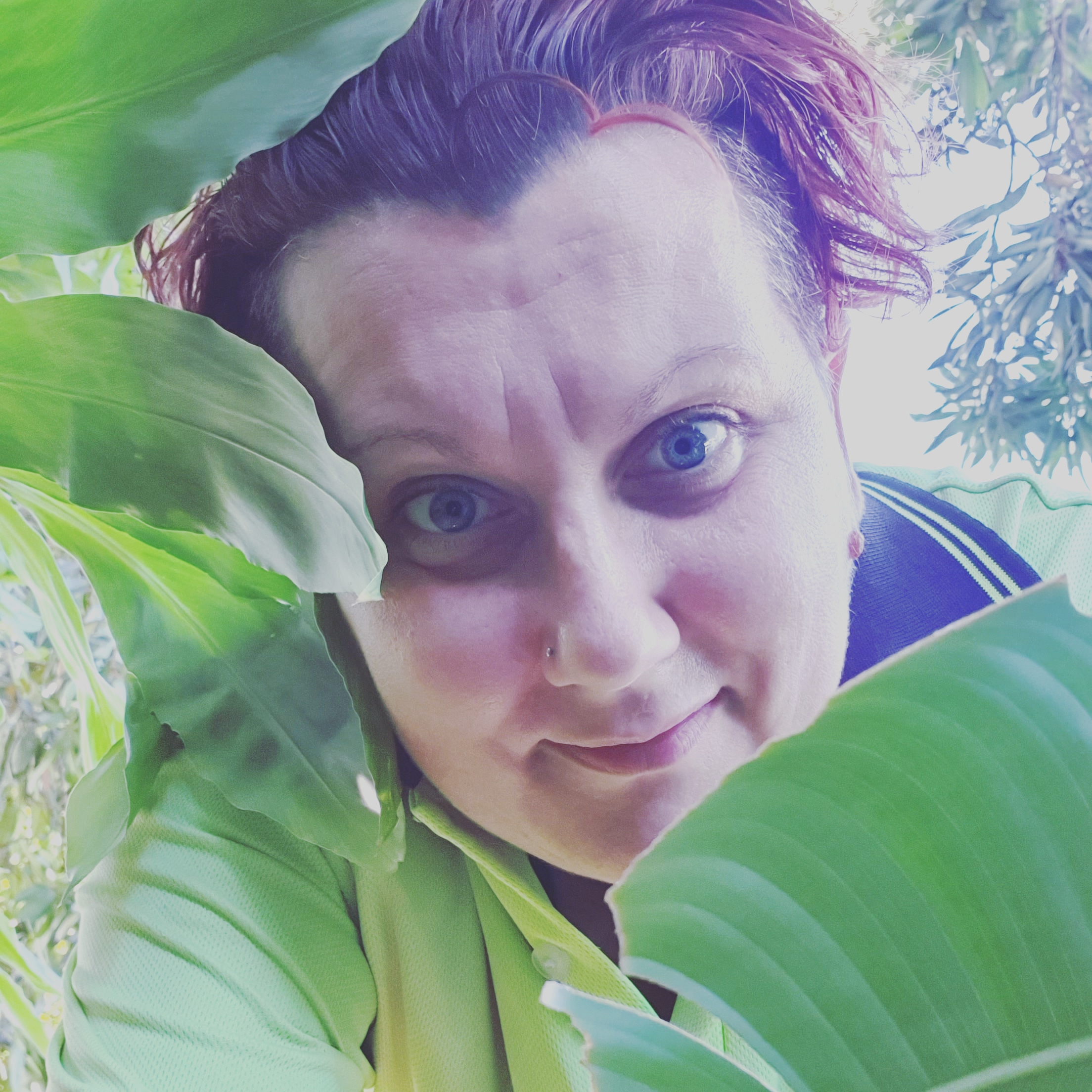Koala Food Trees
- Jazz Carter

- Apr 29, 2022
- 3 min read
Updated: Jul 6, 2022
Koalas are folivores - specialist leaf eaters, they mostly feed on Eucalyptus leaves but they do feed on other species.
Adult Koalas and Joeys will choose species that vary from one location to another according to what grows in their home range, they do prefer species that are endemic to their local area so if you are looking to plant some Koala food trees, do a little bit of research beforehand.
Koalas live over a range of open forest and woodland communities, the thick nutrient rich soils on coastal fringes and watercourses provide higher nutrient levels, there are usually higher densities of Koalas found on the coast compared to Inland Koala populations and they are generally healthier although they do remain in areas where their habitat has been partially cleared due to new large scale developments.
Local extinctions have occurred due to clearing and fragmentation of Eucalypt woodlands and forest for agriculture and human settlements.
Koala food trees are divided into primary and secondary species as well as supplementary species. Koalas can survive by eating species from their chosen primary species but cannot maintain their optimal health eating only secondary species. Adult Koalas can eat 500g - 1kg of leaves each day so maintaining their food trees is essential to keep their populations from declining.
Primary Species - contains all the essential nutrients needed to maintain optimal health of the Koalas
Secondary Species - usually is found on marginal land where leaf nutrient levels and moisture content are lower
Supplementary Species - Callistemon, Corymbia, Lophostemon and Melaleuca species
Home Range - this is where they use key trees, these are those that they use repeatedly and are found within their home range
Koalas also require a range of other trees for a variety of reasons - resting, shelter from extreme weather conditions, these can be native Fig trees, rainforest trees or even Poinciana and Mango trees.
They climb into the canopies of densely foliaged trees on hot days and climb onto the tops of trees to warm themselves in colder mornings or in Winter.
In QLD the largest concentration of Koalas is in SE QLD where they now unfortunately have to compete for space with a human population that is growing very rapidly, their populations in the Koala Coast Region in Redland City (my local area) have declined by more than 80% in the last 20 years which is devastating!

How we can help?
Retain and plant trees on your property - be sure to use Koala food trees that are endemic to your area, we have many Koala food tree species for sale on our seedy webstore
Watch Koalas from a distance - don’t disturb them, just enjoy them from a safe distance where they don’t feel scared or threatened
Plant trees closer together - this makes it easier for Koalas to move safely from tree to tree
Use Koala friendly fencing - adding a climbing pole helps them maneuver through their home range safely
Make your swimming pool Koala safe - attach a secured rope to a floating device in the pool so if a Koala falls in they can pull themselves out safely
Keep Koalas safe from your dog - keep your pets away from occupied trees, especially at night by keeping them inside at night or in a fenced area away from Koala food and shelter trees
Leave healthy Koalas alone - only contact your local Wildlife rescue if a Koala is sick or injured
Links for more information




Comments